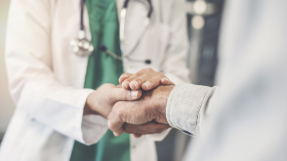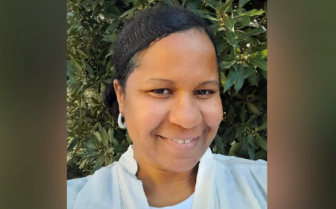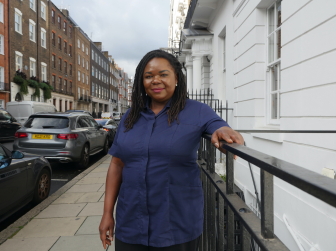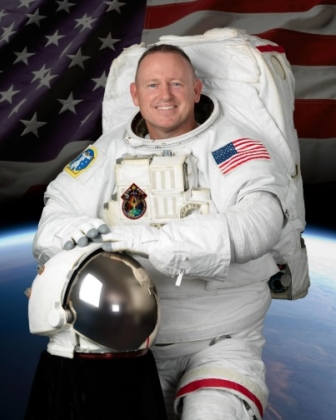|PIC1|Though the scientists say it’s too soon to use excess fat to cure diseases, it could, in theory, allow people to grow personalized replacement parts for ailing organs as many stem cell researchers are seeking to do.
"Imagine if we could isolate fat cells from a patient with some type of congenital cardiac disease," said cardiologist Joseph Wu, senior author of the paper published in Monday's Proceedings of the National Academy of Sciences.
"We could then differentiate them into cardiac cells, study how they respond to different drugs or stimuli and see how they compare to normal cells. This would be a great advance," he reported, according to the Stanford University Medical Center.
Furthermore, because the "induced pluripotent stem cells" don’t come from embryos, their utilisation would sidestep the controversy that surrounds embryonic stem cell research, which requires the destruction of human embryos.
"There's an abundance of fat cells in this country," Wu told the San Jose Mercury News.
"And we could transform them into brain, hair, eye cells - or whatever you can think of," he added.
So far, Stanford researchers have proven that fat cells can differentiate into cells from the three main tissue types of the body, including neurons, muscle and lining of the gut.
Though scientists at the University of California in Los Angeles, the University of Melbourne and other institutions have found ways to turn fat cells into other specific cells – such as muscle – no one, until now, was able to transform them into embryonic-like cells.
According to Stanford surgery professor and co-author of the research Michael Longaker, the field now needs to move forward in ways that the Food and Drug Administration would approve – with cells that can be efficiently reprogrammed without the risk of cross-species contamination.
"The idea of reprogramming a cell from your body to become anything your body needs is very exciting," he commented.
In addition to Wu and Longaker, other Stanford collaborators on the research include postdoctoral scholars Ning Sun, Nicholas Panetta, Deepak Gupta, , and Shijun Hu,; graduate student Kitchener Wilson; medical student Andrew Lee; research assistant Fangjun Jia; associate professor of pathology and of pediatrics Athena Cherry; and professor of cardiothoracic surgery Robert Robbins.
The research at Stanford was supported by the Mallinckrodt Foundation, the American Heart Association, the California Institute for Regenerative Medicine, the National Institutes of Health, the Stanford Cardiovascular Institute, the Oak Foundation and the Hagey Laboratory for Pediatric Regenerative Medicine.
News

Russian court bans 'extremist' New Testament translation
A Russian court has banned an "extremist" translation of the New Testament

Bishop urges UK government to put diplomatic pressure on Nigeria as Christians continue to suffer
A Nigerian bishop has called on the UK government to make diplomatic and economic relations with his country conditional on Nigeria’s efforts to return internally displaced people to their homelands.

King Charles and Queen Camilla postpone Vatican visit as Pope Francis recovers from ill-health
King Charles III and Queen Camilla have postponed their anticipated visit on April 8 to the Vatican after medical advice recommended that Pope Francis take an extended period of rest, and mutual agreement between the British Royal Household and the Holy See.

Former MP: Assisted suicide bill 'unsafe', 'biased' and 'rushed'
A former MP calls the assisted suicide bill "unsafe" "biased" and "rushed".





